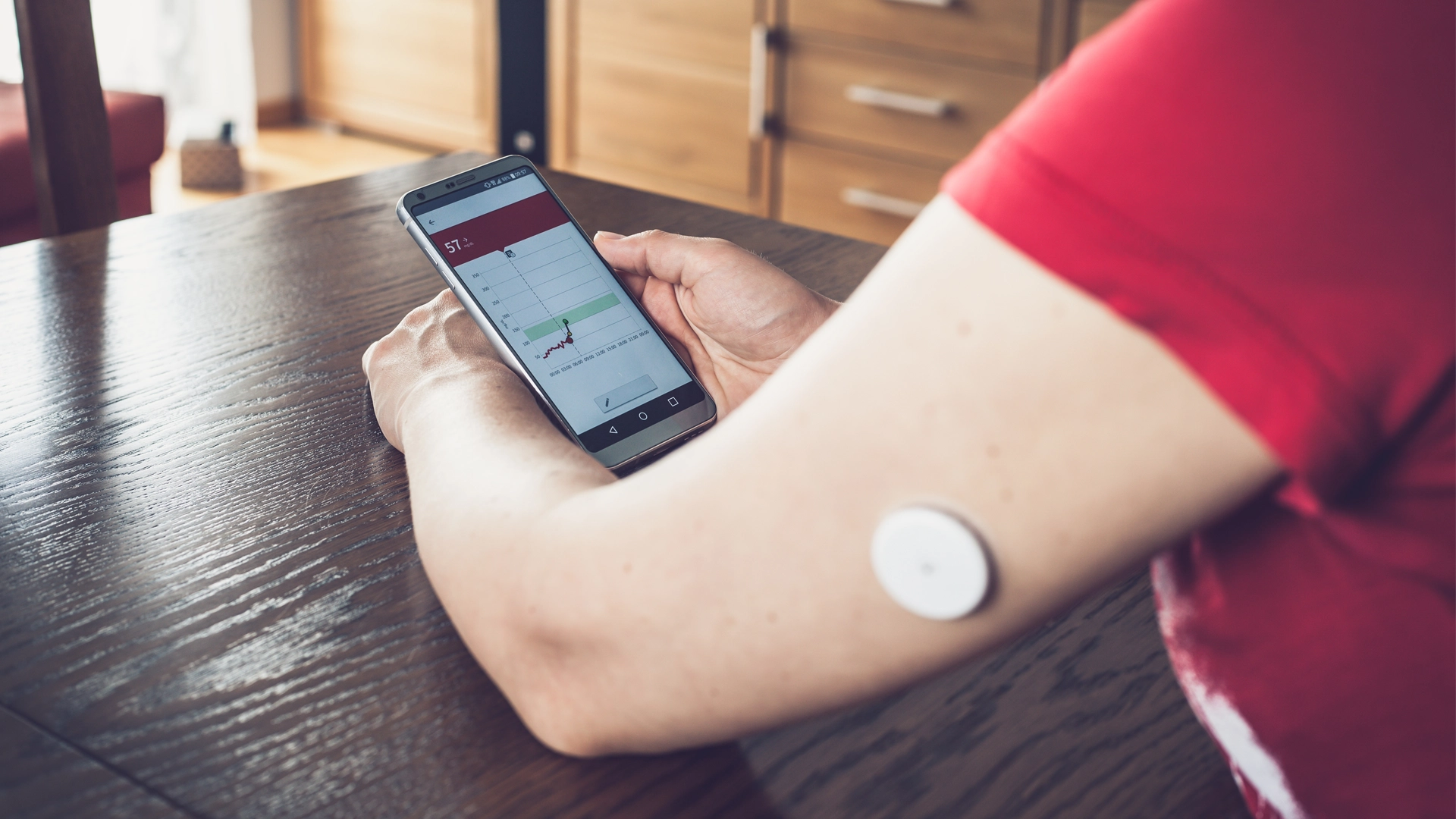Managing Diabetes at Work: Tips for Success
Practical strategies for maintaining excellent glucose control during your workday, whether in an office, on the road, or working from home.

Managing diabetes doesn't have to interfere with your career success. With proper planning, the right tools, and smart strategies, you can maintain excellent glucose control while excelling in your professional life. Whether you're in a traditional office setting, work remotely, travel frequently, or have a physically demanding job, these evidence-based tips will help you stay healthy and productive.
Planning Your Workday for Diabetes Success
Start with a Solid Foundation
Your workday diabetes management begins before you even leave home. A consistent morning routine sets the tone for stable blood sugars throughout the day:
- • Wake up at the same time: Consistent sleep schedules help regulate hormones that affect blood sugar
- • Check your glucose first thing: Know where you're starting before you begin your day
- • Eat a balanced breakfast: Include protein, healthy fats, and complex carbohydrates
- • Pack your diabetes supplies: Never leave home without backup supplies
Pro Tip: The Perfect Diabetes Work Kit
Keep a dedicated work kit that includes:
- • Blood glucose meter and strips
- • Lancets and lancing device
- • Fast-acting carbohydrates (glucose tablets)
- • Extra insulin (if applicable)
- • Healthy snacks
- • Water bottle
- • Emergency contact information
- • Medical ID or bracelet
Navigating Common Workplace Challenges
Irregular Meal Times and Work Meetings
Work schedules rarely follow your ideal meal timing. Here's how to adapt:
Do:
- • Eat a small snack before long meetings
- • Bring diabetes-friendly snacks to meetings
- • Use CGM alerts to monitor during busy periods
- • Communicate needs to understanding colleagues
- • Plan insulin timing around known schedule changes
Avoid:
- • Skipping meals to attend meetings
- • Waiting until you feel low to treat
- • Eating high-sugar office snacks
- • Forgetting to check glucose during busy days
- • Being too embarrassed to manage diabetes openly
Stress Management
Work stress can significantly impact blood glucose levels. Chronic stress raises cortisol, which can increase blood sugar and make insulin less effective.
Practice stress-reduction techniques:
Deep breathing exercises, short meditation breaks, or brief walks can help lower stress hormones.
Monitor glucose during stressful periods:
Check more frequently during deadlines, presentations, or challenging projects.
Communicate with your healthcare team:
Discuss stress-related blood sugar patterns and potential medication adjustments.
Technology Tools for Workplace Success
Continuous Glucose Monitoring (CGM)
CGM systems are game-changers for workplace diabetes management. They provide real-time glucose readings and trends without interrupting your workflow:
- • Discreet monitoring: Check glucose levels on your smartphone without anyone noticing
- • Trend alerts: Get warnings before glucose goes too high or low
- • Historical data: Identify patterns related to work stress, meals, or activity levels
- • Share with caregivers: Give family members peace of mind by sharing your data
Smartphone Apps and Digital Tools
Leverage technology to make diabetes management seamless during busy workdays:
Helpful Apps:
- • Carb counting apps for restaurant meals
- • Glucose logging apps with trend analysis
- • Insulin calculators for dosing assistance
- • Meditation apps for stress management
Smart Features:
- • Calendar reminders for glucose checks
- • Photo logs of meals for pattern tracking
- • Integration with fitness trackers
- • Emergency contact notifications
Workplace Rights and Accommodations
The Americans with Disabilities Act (ADA) protects employees with diabetes. You have the right to reasonable accommodations that don't cause undue hardship to your employer:
Common Reasonable Accommodations:
- • Breaks to check blood glucose, eat, or take medication
- • Permission to keep diabetes supplies and food at workstation
- • Access to refrigeration for insulin storage
- • Modified work schedule if needed for medical appointments
- • A private area for glucose testing or insulin administration
Creating a Supportive Work Environment
While you're not required to disclose your diabetes diagnosis, sharing information with trusted colleagues can create a more supportive environment:
- • Educate close colleagues: Help them recognize signs of low blood sugar and how to respond
- • Designate a workplace buddy: Someone who knows about your diabetes and can assist if needed
- • Keep emergency supplies visible: Store glucose tablets where colleagues can find them if necessary
- • Lead by example: Show that people with diabetes can excel in their careers
Quick Reference: Daily Workplace Diabetes Checklist
Morning:
- □ Check blood glucose
- □ Take morning medications
- □ Pack diabetes supplies
- □ Eat balanced breakfast
During Work:
- □ Monitor CGM regularly
- □ Eat planned meals/snacks
- □ Stay hydrated
- □ Manage stress actively
Need Support Managing Diabetes at Work?
Our certified diabetes educators can help you develop personalized strategies for workplace success and connect you with the latest diabetes technology.